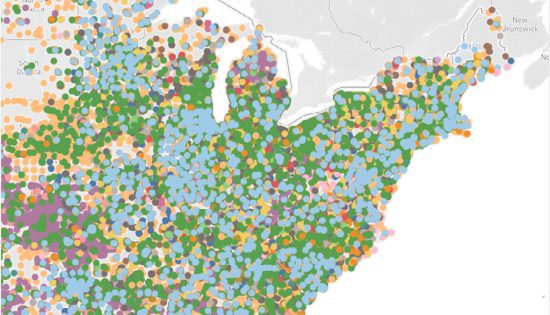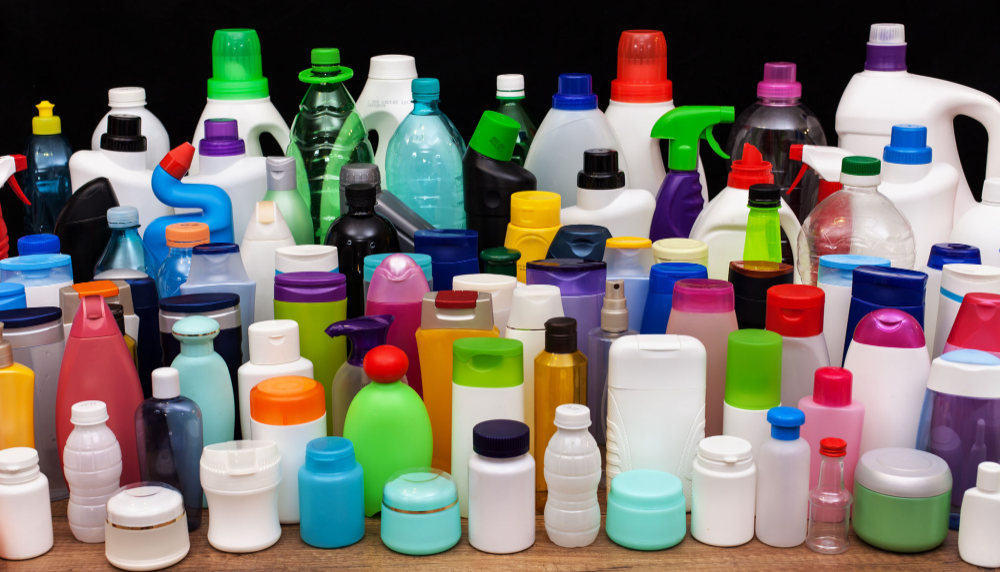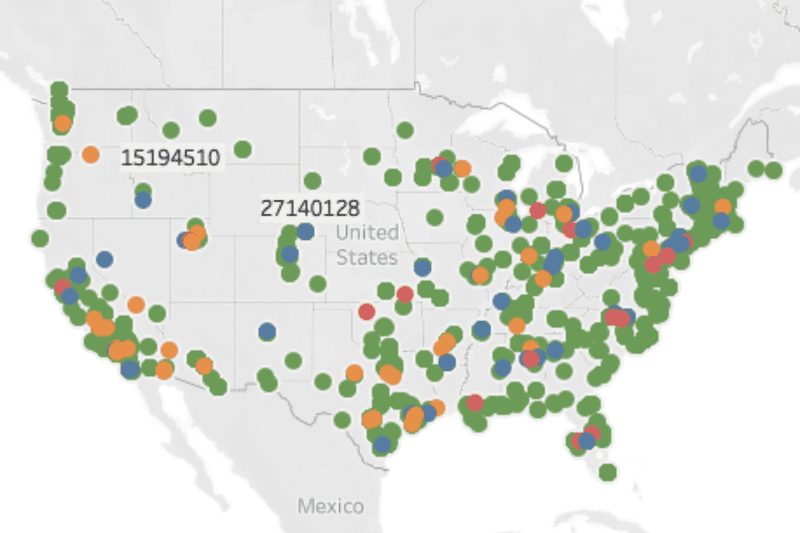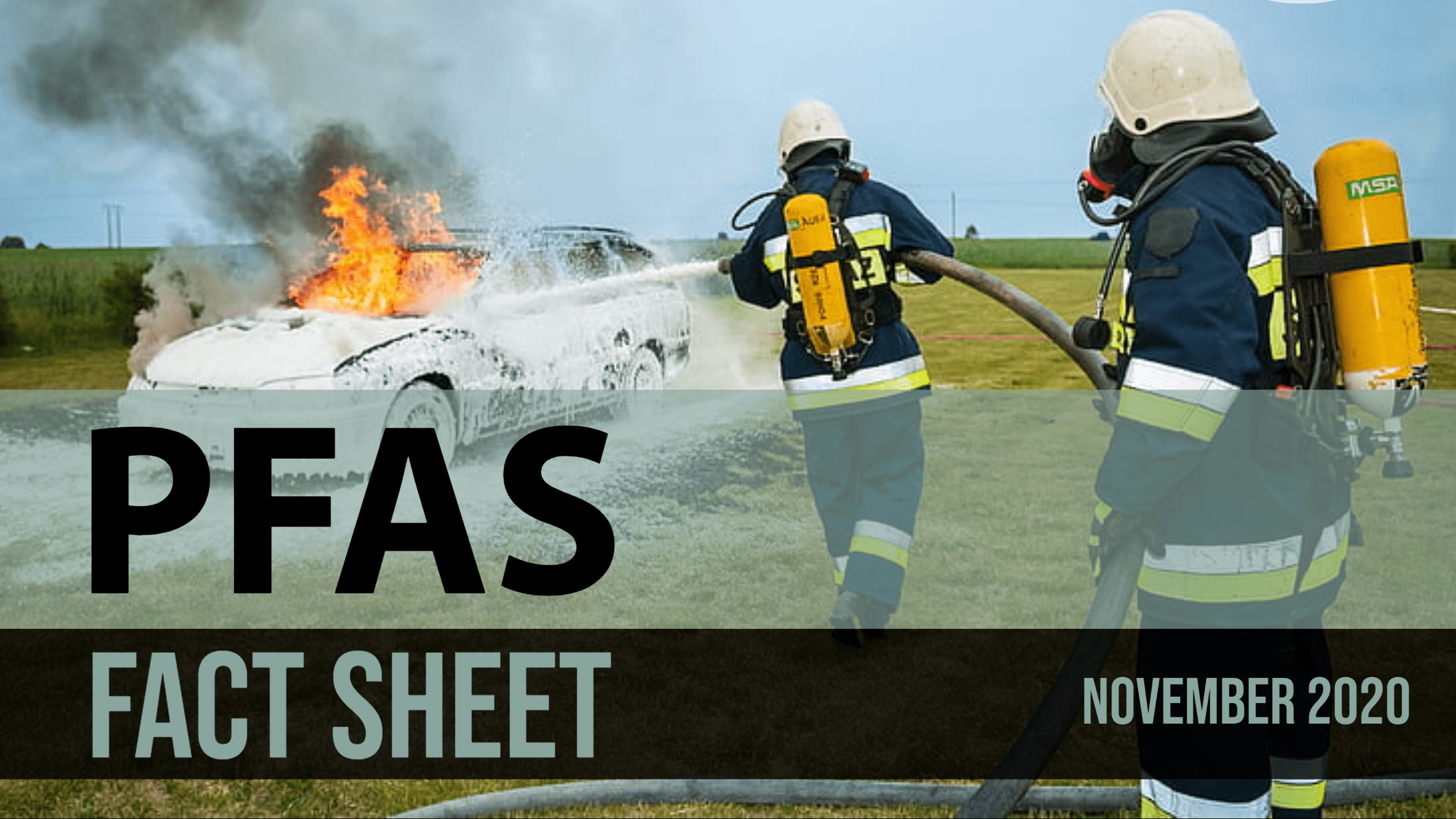MAPPING PFAS
PFAS Waste Generation and Disposal
January 2022 – Through a Freedom of Information Act request, PEER received data from EPA on PFAS transfers identified in hazardous waste e-manifests and state waste code searches. This data and the map PEER produced has information on the generation, storage, and disposal of almost 14 million kilograms of waste contaminated with PFAS between July 2018 and August 2021.
MAPPING PFAS
Over 120,000 Facilities “May Be Handling” PFAS

October 2021 – After several Freedom of Information Act requests and a lawsuit, PEER received an EPA data set with information on some 120,000 industrial facilities that “may be handling” PFAS – with that information, we produced our own map of these facilities.
Forever Chemicals Everywhere
PEER works to protect public health and wildlife from per- and polyfluoroalkyl substances (PFAS) contamination. Unfortunately, the absence of enforceable federal health and environmental standards for PFAS poses a significant and growing threat to our health, water, and soil. A key cause for concern is that these so-called “forever chemicals” do not break down in the environment, many of which are toxic, and some bio-accumulate in the food chain — and in us.
PFAS are used as fire retardants and repellents; in consumer products, such as furniture, take-out containers, and non-stick cookware; and have many other applications. Human exposure to PFAS is associated with cancer, birth defects, developmental damage to infants, and impaired functioning of the liver, kidneys, and immune system.
Yet, an estimated 200 million Americans are drinking water contaminated with PFAS, and PFAS have also been found in grocery store meats, milk, seafood, bottled water, as well as in wild fish and game. Studies have also found PFAS in the bloodstream of 99% of Americans.
Although the U.S. Environmental Protection Agency (EPA) knows of about 13,000 types of PFAS, it has only proposed drinking water limits on sixPFAS in drinking water and two PFAS under the Superfund hazardous waste cleanup program. Much more needs to be done.
PEER is urging EPA to regulate PFAS as a class of chemicals and to classify waste contaminated with PFAS as a hazardous waste under the Resource Conservation and Recovery Act (RCRA), so that it can be more safely managed during generation, transportation, and disposal. In addition, PEER continues to expose how EPA violates its own scientific integrity norms and guidance in approving PFAS chemicals for use. We also work vigorously to release to the public information on PFAS that EPA tries to keep hidden from the public.
PFAS in Fluorinated Containers

To address the growing threat of PFAS from fluorinated containers, PEER has been engaged in ongoing litigation against Inhance Technologies. Fluorinated containers are found in everything from household to industrial products the the fluorination process is responsible for the creation of PFAS chemicals that can leach into the products from the containers.
Read the latest: PEER and CEH Applaud EPA’s Decision to Protect People from PFAS that Leach from Plastic Containers





